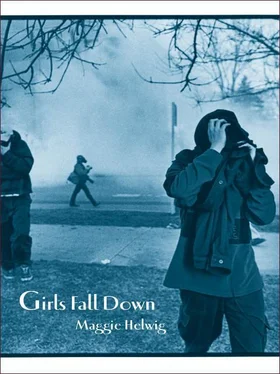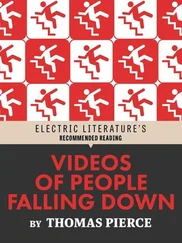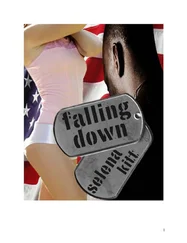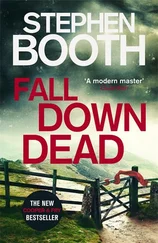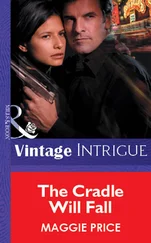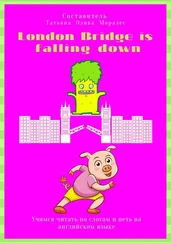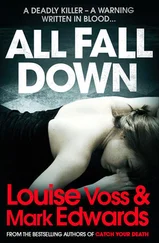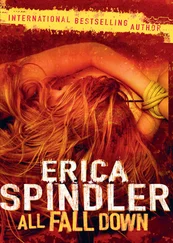It was late, past midnight, but Spadina was still busy, filled with the smells of food and car exhaust. They walked down into Chinatown, to a little restaurant with ducks roasting in the window, skin sizzling under a lurid orange sauce, and Susie-Paul ordered something identified on the menu as mixed meat, a pile of mushrooms, soy sauce and fried internal organs. Stoned and light-headed, he imagined what the deep musky tastes must be like, the feel of the tough bits of flesh between her teeth, salt and crisped fat. She speared a bit of unidentifiable animal protein and he shook his head.
‘God, Susie. You’re eating, like, bits of lung and thyroid there. I don’t even want to watch.’
‘Yeah, and you inject yourself with animal insulin three times a day.’
‘Which I’m not happy about, believe me. But it’s not like I’m stuffing the whole pancreas into my mouth.’
‘Am I giving you a hard time about your food?’
‘It’s rice and vegetables, what is there to say?’
‘I think it’s morally wrong to be a vegetarian, if you must know. I think you should admit that you too have known sin.’
Alex looked at her sideways. ‘You have no idea, Suzanne,’ he said quietly.
She picked up another piece of meat on her fork and bit into it, her teeth meeting between the thick fibres, a piece of a body, a piece of a heart.
This wasn’t where anything began, of course, or for that matter ended. It was a nearly random piece of that summer in 1989, an unfastened bit of memory. Alex had been the lead photographer at Dissonance for a year already, though in 1988 he hadn’t seen much of Susie-Paul, or hadn’t paid much attention. He worked part-time in the darkroom at SuperPhoto, and arrived at the office in the late afternoon during production week, developing the film and doing some of the layout. For the rest of the month he took assignments as they came from Chris, going out to clubs to photograph concerts, setting up portraits to run alongside interviews. This was maybe where he first learned to move invisibly through the room as a receptive camera eye, backstage at Ildiko’s or the Horseshoe, the musicians sweat-drenched and giddy with adrenalin, their hands bleeding, torn by the strings, the blur of cigarettes and beer and hash, or the bands slightly higher up the scale who could afford lines of coke. The guitarists crashed out on smack, the skinny introverted vocalists who drank mineral water and stared at the floor, all of them pinned in the flash of his camera at this high wild vulnerable moment, the second after the applause was over. Alex crouching down in the corner, the watcher.
He wore earplugs so he could sleep at night through the non-stop party upstairs, or lay on the floor with his head between the speakers of his sound system, smoking pot and listening to his own music – cassettes that he knew to be just slightly dated, odd in a way that wasn’t the cool kind of odd, Jesus and Mary Chain, the Violent Femmes, Dagmar Krause singing Brecht. He took photographs of the heating pipes and the baseboard, feeling their textures with lights and lenses; of the girls who sat on the curb outside, braiding bits of multicoloured wool into each other’s hair; of his vials of insulin and the drop of blood at the tip of his finger, the thick pads of Queen Jane’s paws, the dresses hanging on the racks outside Courage My Love, their folds and textures; of the dirty snow in the gutters, streaked with mud and gravel. He was careless about his blood sugar; he knew it swung wildly up and down, that he miscalculated dosages, got times mixed up. He would go late at night, in the snow, to Sneaky Dee’s, a narrow little bar that never closed, that smelled of spilt beer at dawn and served tortilla chips and coffee to derelicts all night, and sit in a corner booth and drink Coke and eat nachos, and forget again to test his glucose levels.
He could have gone to his parents’ house for Christmas, there was no real reason not to, but he hadn’t for years now. He could go back to a place where he was the invalid son, the permanent sick child, or he could wait here in the city. Because he did believe he was waiting for something, though he had no idea what it was. He sat in the basement late at night, listening to the wind, filled with inarticulate expectation, as if he needed only to stay here long enough, to be infinitely patient, infinitely open to the vacancies of the city, and it would reveal itself to him, would hand him something, something vital. If he only made enough space in his life, if he only cleared enough away.
Early in January, he was standing outside the New Moon Café on Harbord Street, camera strung round his neck, warming his hands around a styrofoam cup of coffee while a police car glided slowly past him, banners and waving arms reflected in its windows.
‘They call it Operation Mountain Rescue,’ said Chris, coming out of the restaurant with a hot chocolate. ‘I don’t know where they think the mountain is.’
‘I heard it’s a guy’s name,’ said Adrian.
They were on the north side of Harbord, with the other journalists and the curious residents of the neighbourhood, and people going in and out of the restaurant for coffee and warmth. About halfway into the road, the police had set up a line of metal barricades, and behind them was the second circle of people, waving signs and chanting, pushing each other, breaking into sporadic scuffles. The third, innermost circle was behind a wooden fence, in the yard and on the steep stairway of a narrow Victorian house with hanging plants in the window, a crowd packed so tightly they were almost immobile, sudden earthquake shifts coming from nowhere that would send some of them tumbling down the stairs or clinging to the banister. The people pressed up against the fence were pushing for space to breathe, their faces pinched with cold and pain. Somewhere in that third circle was Susie-Paul, who that morning was not someone he noticed especially was Chris’s pretty girlfriend, a colleague at the paper whose reviews reflected a frightening interest in critical theory, a nice enough person overall.
‘It started out about six this morning,’ said Chris. ‘At first you had the people from the clinic guarding the door and the anti lot pushing in from the yard, but I think they’re all mixed up together now.’
Adrian, who was wearing fluffy pink gloves and a scarf with airplanes on it, sat down on the restaurant steps. ‘Sometimes I wonder if we just ignored them they’d all go away. Like kids with tantrums, you know?’
‘I don’t think that’s how they work.’
The owner of one of the little groceries had come outside and was taping a sign to his window, a piece of cardboard with the printed message PRO-CHOICE, PRO-LIFE, ENOUGH IS ENOUGH! DEMONSTRATE AT QUEEN’S PARK AND LEAVE US ALONE! Someone behind the fence started singing ‘Jesus Loves the Little Children,’ and a part of the crowd on Harbord took up the song.
Alex wandered for a while around the edge of the outer ranks, taking some casual shots but seeing nothing that wasn’t a predictable demo picture, so after a few minutes he swung his legs over the barricades and pushed deeper into the crowd. Everyone inside the barricades was chanting or shouting, and taking occasional swings at each other with mittened hands. Alex was shoved from behind and ended up on his knees, but he realized this might be a more interesting angle anyway, so he fired off a series of shots, a baby with a PRO-CHOICE sign pinned to its snowsuit, a man waving a Bible over the heads of the crowd.
‘Brothers and sisters!’ shouted a red-haired woman out the window. ‘All of today’s procedures have been moved to the Scott Clinic. They will see all patients scheduled by us today. If you are waiting for a procedure, please do not stay here, please go to the Scott Clinic. Supporters, I repeat, DO NOT come over the fence!’
Читать дальше
